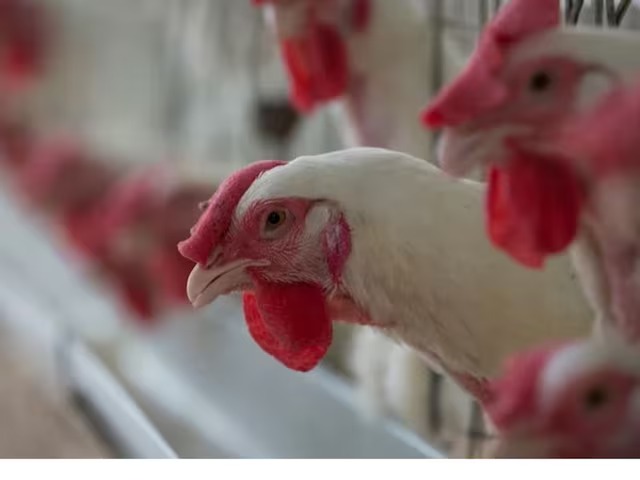In Vietnam, a 21-year-old student dies from bird flu; should you be concerned?
Tragically, a 21-year-old student in Vietnam became the nation’s first known human victim of avian influenza, sometimes known as bird flu. The death was confirmed by the Ministry of Health in Vietnam, which said that the Nha Trang University student died on March 23, 2024, from the H5N1 variant of the influenza.

Details on the patient’s influenza contraction timeline were made available by the Vietnam Ministry of Health and reported on the infectious disease news site Avian Flu Diary. On March 11, 2024, the student, who lives in Tan Ninh hamlet in Khanh Hoa province, started having fever and coughing fits. The symptoms did not go away, even if self-treatment was attempted. The patient then went to the Ninh Hoa Medical Center for treatment, where pneumonia was identified.
“Patient samples were collected for testing on March 19, 2024, by the Khanh Hoa Centre for Disease Control. The patient tested positive for influenza A/H5 on March 20, 2024, and confirmed positive for influenza A (H5N1) on March 22, 2024, according to reports from the Nha Trang Pasteur Institute. The patient passed away on March 23, 2024, as a result of the disease’s severe development, according to the statement.
Health officials are pushing for more precautions to stop the avian flu from spreading to people in the aftermath of this unfortunate episode. Although there have been reports of wild birds being captured in the vicinity during the Lunar New Year break, an examination near the student’s apartment turned up no evidence of ill or dead poultry. Bird flu outbreaks have been reported in a number of Vietnamese provinces since January, which highlights the need for increased awareness and preventative measures.
What is influenza H5N1?
Known as bird flu or avian influenza, H5N1 is a subtype of the influenza A virus. It may infect people, although it mostly affects birds, especially poultry. H5N1 is particularly dangerous because of its high human death rate and ability to induce serious respiratory illnesses.
The World Health Organization (WHO) reports that fever, cough, sore throat, muscular pains, and trouble breathing are the most common symptoms of H5N1 avian influenza in humans. When it becomes serious, organ failure, pneumonia, and acute respiratory distress syndrome (ARDS) may develop quickly.
Following these guidelines is crucial for successfully preventing and controlling the spread of influenza A (H5N1):
1. Avoid eating chicken or poultry products that seem ill, dead, or sourced from an unknown source. Make sure that the food and water you eat are cooked all the way through, and wash your hands often with soap before meals.
2. Steer clear of the transportation, buying, selling, or butchering of chickens or poultry products that aren’t sure where they came from.
3. If you come across diseased or dead chickens, don’t kill or use them. Rather, quickly inform veterinary units and municipal authorities so that the proper measures may be taken.
4. Reduce your contact and intake of wild creatures, especially birds.
5. Seek prompt medical assistance in the event that you have flu-like symptoms. For timely management, rapid consultation, evaluation, and therapy are essential.






